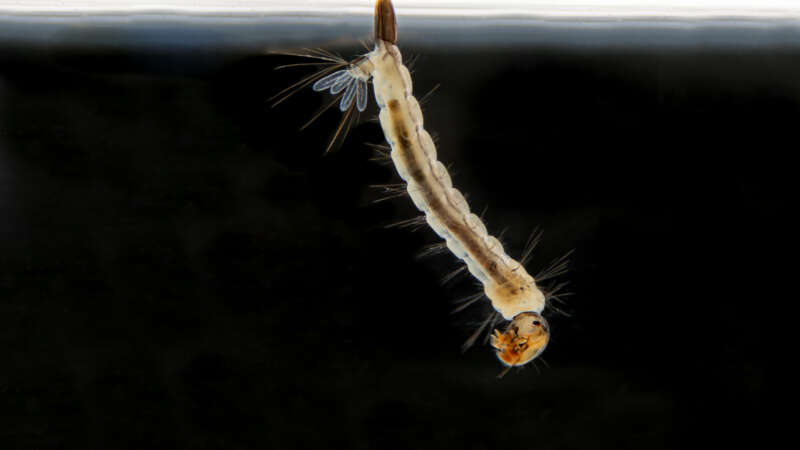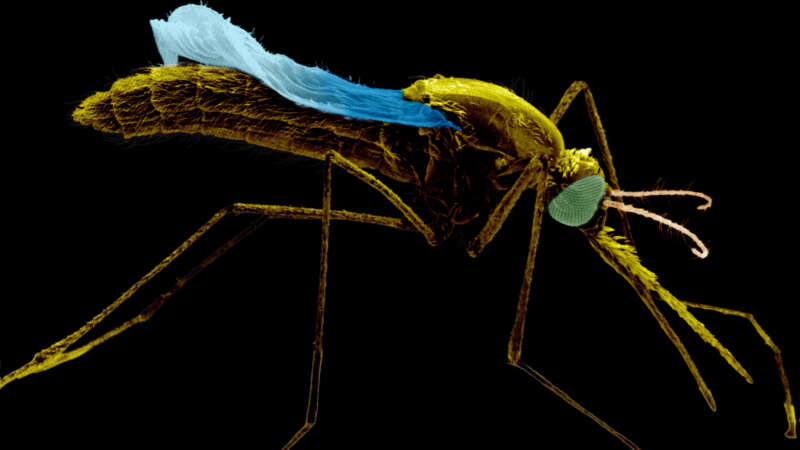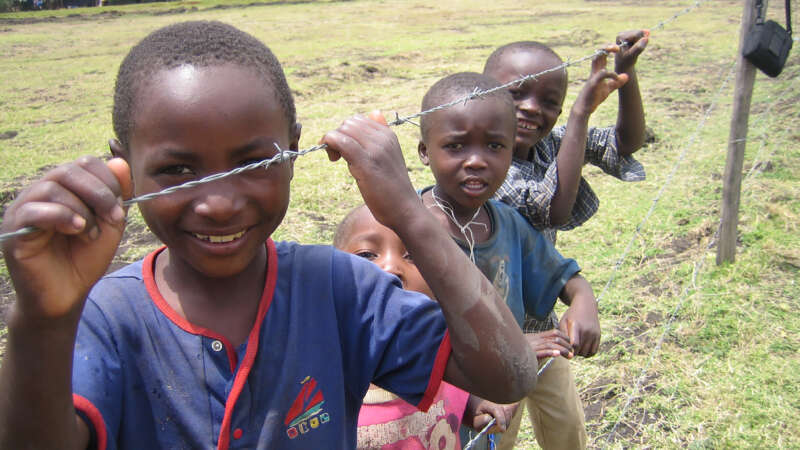larval source management
Study: Digitally Managed Larviciding
A new study has found that larval source management (LSM) – treating mosquito breeding habitats – can still be effective in malaria elimination operations, especially with the aid of new digital technologies. LSM has been replaced in Africa by long-lasting insecticidal nets (LLINs) and indoor residual spraying (IRS), but these methods are becoming less effective due to mosquitoes’ growing resistance to insecticides.
Urban Africa Faces Invasive Challenge
Malaria numbers are surging in the Horn of Africa, but not in rural settings.
Djibouti is a small country of around 900,000 inhabitants on the Horn of Africa that rests on the shores of Bab al-Mandab strait, just 20 miles from the coast of Yemen and southwest Asia. Ten years ago, the World Health Organization (WHO) proudly proclaimed that Djibouti was entering the “pre-elimination phase” in its longstanding battle against malaria. Pre-elimination status is reached when a country’s number of confirmed malaria cases approaches zero.
Malaria’s Long Tail
The impacts of severe malaria cases on children are well documented, but the effects of mild infections on child development are less understood. The statistics …
Larval Source Management, Larviciding Help Control Invasive Species in the Netherlands
Rapid action to implement control measures stemmed the spread of three invasive mosquito species – at least for the time being – after routine surveillance …
WMR 2015 Celebrates Successes, Highlights Challenges
2015 WORLD MALARIA REPORT MARKS END OF MILLENNIUM DEVELOPMENT GOALS ERA In her forward to the 2015 World Malaria Report (WMR), World Health Organization (WHO) …
California takes a Proactive Approach to Managing Resistance Issues
Insecticide resistance is among the most challenging issues facing public health professionals, not only in California but around the world. As disease pressure increases, so …


